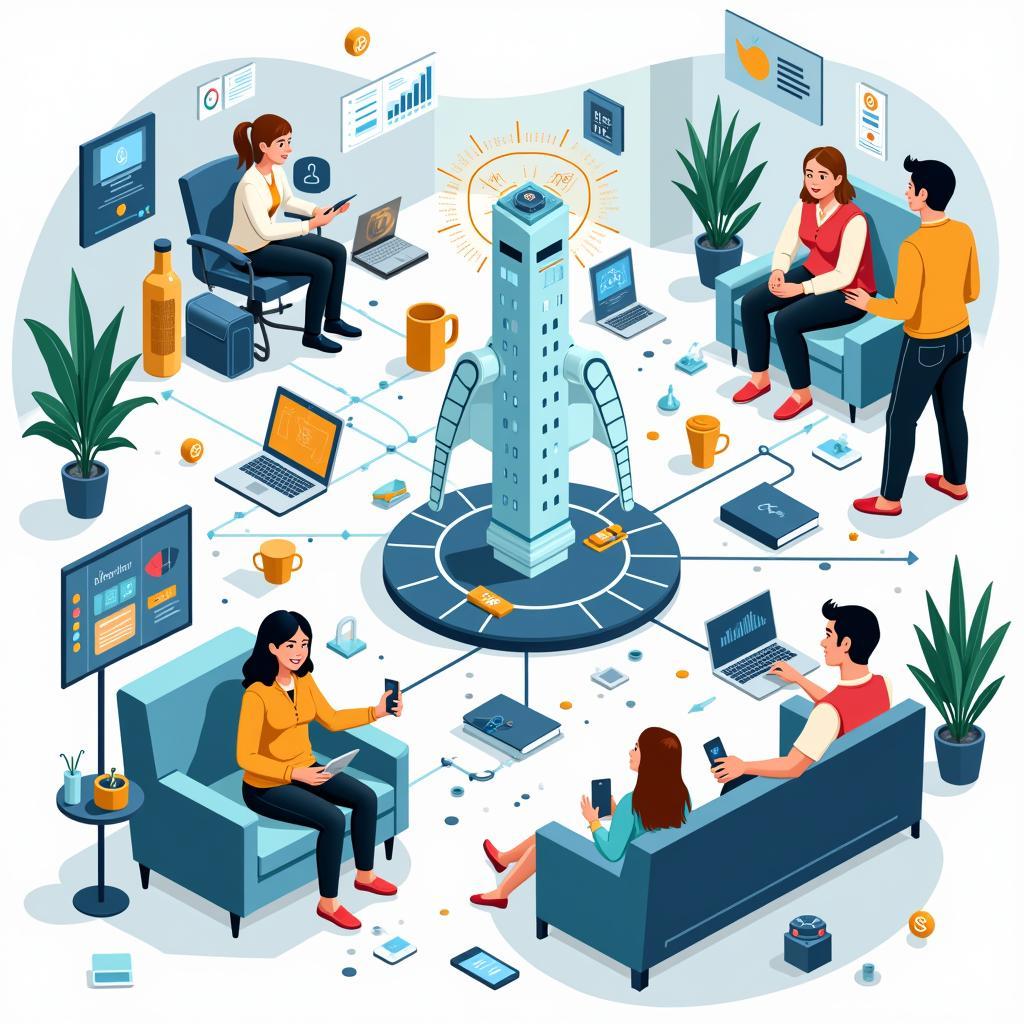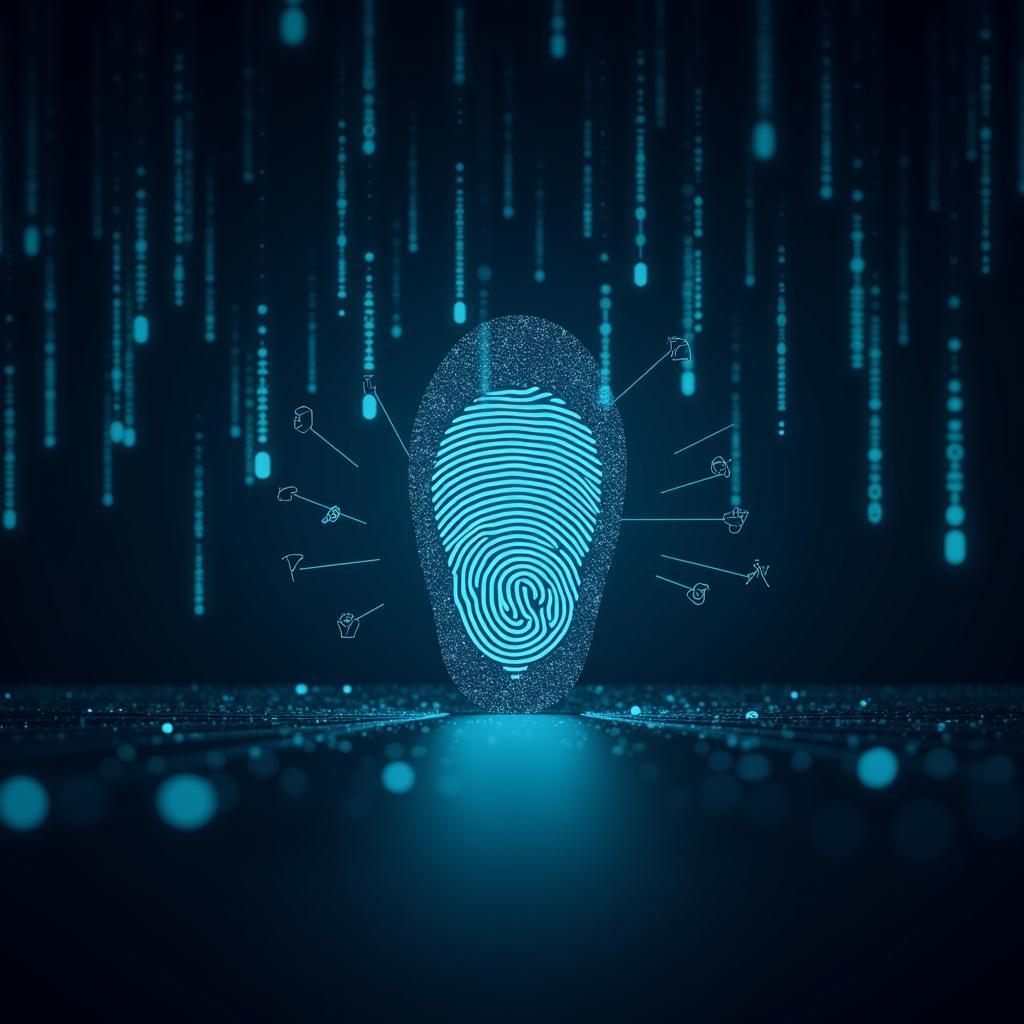In today’s interconnected world, technology’s pervasive presence is undeniable. From smartphones to social media, technology has revolutionized how we communicate, work, and even think. However, this profound dependence raises a crucial question: is society too reliant on technology?
 The Intertwined Nature of Technology and Modern Society
The Intertwined Nature of Technology and Modern Society
The Benefits of Technological Integration
It’s impossible to deny the countless benefits technology brings. It has connected people across continents, democratized information, and fostered unprecedented advancements in medicine, education, and countless other fields. For many, a life without the internet, smartphones, or social media seems unimaginable.
Technology has empowered individuals and communities in remarkable ways. Online learning platforms have made education accessible to remote corners of the world. Telemedicine enables healthcare professionals to reach patients in underserved areas. Social media platforms, despite their drawbacks, can connect individuals with shared interests and provide a platform for social activism and change.
The Downside of Digital Reliance
However, this reliance on technology has its downsides. The constant connectivity can lead to information overload, blurring the line between work and personal life. The pressure to be “always on” can result in stress, anxiety, and a decline in mental well-being.
 Finding Peace and Balance Away from Technology
Finding Peace and Balance Away from Technology
Furthermore, over-dependence on technology can lead to a decline in essential skills. We risk becoming overly reliant on GPS navigation, online dictionaries, and calculators, potentially diminishing our spatial reasoning, language proficiency, and critical thinking abilities.
“Our reliance on technology to solve problems for us can hinder our ability to think critically and independently,” warns Dr. Emily Carter, a renowned sociologist specializing in digital culture. “While technology offers convenience, it’s crucial to maintain a balance and not lose sight of our innate human capabilities.”
The Erosion of Privacy in a Digital Age
Another concerning aspect of our technology dependence is the erosion of privacy. The vast amounts of data we generate through our online activities can be collected, analyzed, and potentially used for purposes we may not consent to. From targeted advertising to facial recognition software, the boundaries of privacy are becoming increasingly blurred in the digital age.
“It’s imperative to be mindful of the digital footprint we leave behind,” cautions cybersecurity expert, Mr. David Thompson. “Understanding how our data is collected, stored, and potentially used is crucial to protecting our privacy in an increasingly interconnected world.”
 Protecting Your Digital Footprint in the Age of Information
Protecting Your Digital Footprint in the Age of Information
Striking a Balance: Technology as a Tool, Not a Crutch
The key to navigating our relationship with technology lies in balance. We must recognize its immense potential while acknowledging its potential pitfalls. Rather than becoming slaves to our devices, we should strive to use technology as a tool for empowerment, connection, and progress.
This requires cultivating digital literacy, critical thinking skills, and a healthy skepticism towards the constant influx of information. It means being mindful of our technology usage, setting boundaries to prevent overload, and prioritizing real-life interactions and experiences.
Conclusion
So, Is Society Too Dependent On Technology? The answer is not a simple yes or no. Technology, in itself, is not inherently good or bad. It’s our relationship with it, our intention, and our conscious effort to use it responsibly that will determine whether it serves as a catalyst for progress or an impediment to our well-being. Let us strive to harness the power of technology for the greater good while preserving our humanity, autonomy, and connection with the world around us.